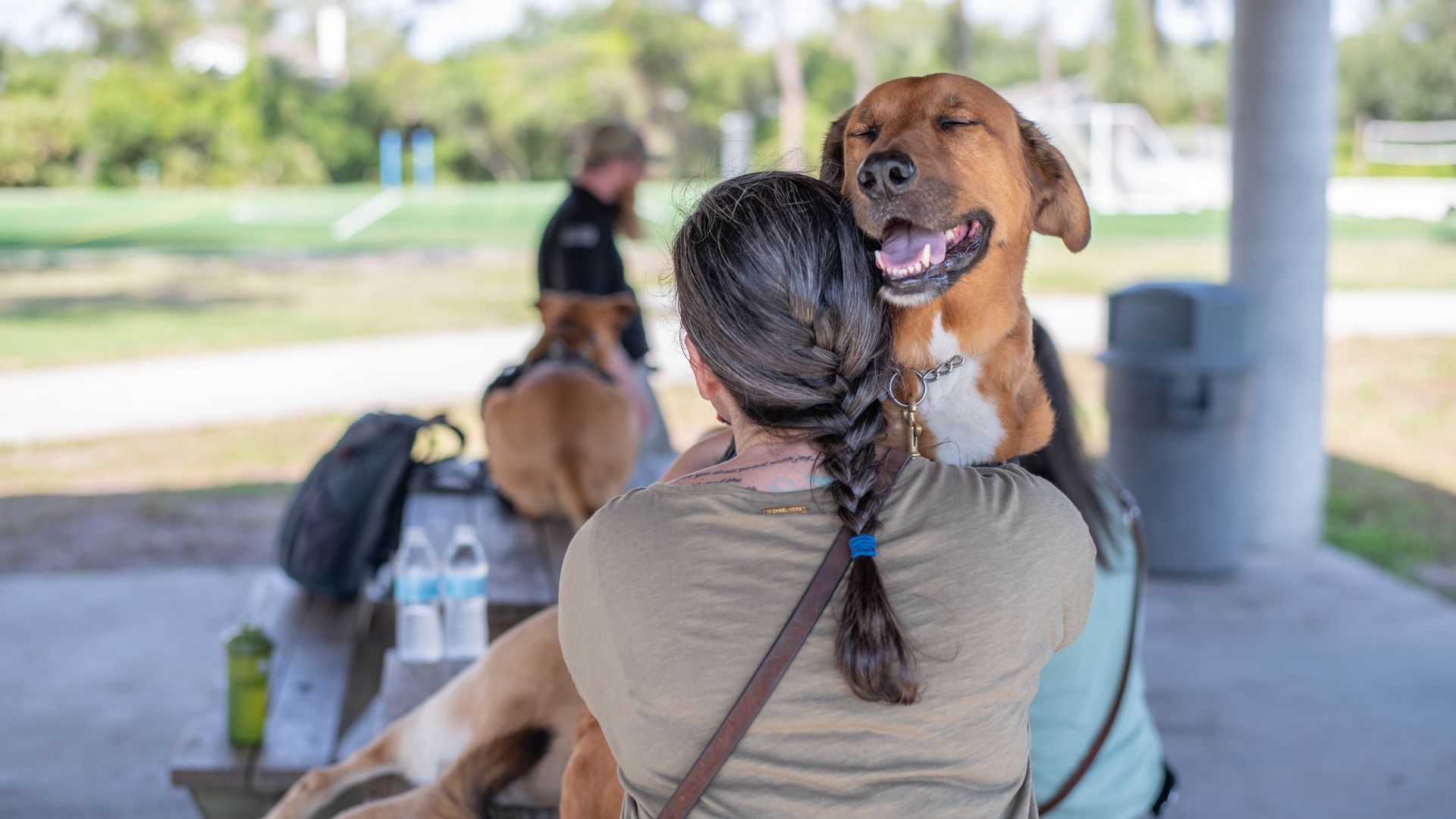| |
| |
| |
| Presented By PhRMA |
| |
| Axios Vitals |
| By Tina Reed ·Aug 27, 2021 |
| Good morning, Vitals readers. Today's newsletter is 853 words, or a 3-minute read. |
| |
| |
| 1 big thing: Demand for COVID treatments surges as cases mount |
 |
|
| Illustration: Annelise Capossela/Axios |
| |
| Demand has soared in recent weeks for monoclonal antibodies to treat COVID-19 infections. Why it matters: Monoclonal antibodies — the treatment then-President Trump received when he got COVID — had a slow initial uptake, but are now gaining ground in the pandemic's fourth wave. Driving the news: A handful of states with low vaccination rates and little willingness to take other safety precautions are leading the charge to make these treatments more available. - Texas and Florida have recently opened state-funded infusion sites.
By the numbers: Since mid-July, delivery of the antibody cocktail made by Regeneron Pharmaceuticals jumped from about 25,000 doses per week to 125,000 doses per week — with about half shipped to Florida, Texas, Mississippi and Alabama, a company spokeswoman told Kaiser Health News. Details: The treatments significantly reduce the risk of severe infection in people who have contracted COVID-19. They're most effective within about a week of infection, Brandon Webb, an infectious diseases physician at Intermountain Healthcare told Axios. - A real-world analysis published this month in Open Forum Infectious Diseases found high-risk patients treated with monoclonal antibody infusions were 31% less likely to need emergency care or hospital admission.
- That translates into preventing one hospitalization for every eight patients treated, Webb said. "That's where you get the most bang for your buck," he said.
Yes, but: Monoclonal antibodies are resource-intensive and are no substitute for a vaccine, experts warn. - "The vaccines serve as the best and first line of defense. The vaccines are the way to keep from getting infected in the first place and a more effective way of, if infections do happen, being far less likely to end up in a hospital," Dan Roth, chief clinical officer of Trinity Health System told Axios.
- "Monoclonal antibodies should serve as a second line of defense," he said.
Share this story. |
    |
| |
| |
| 2. As hospitals fill, more ambulances forced to wait |
 |
|
| Illustration: Brendan Lynch/Axios |
| |
| It's not just hospitals feeling pressure from the Delta wave. Ambulance companies are overwhelmed, too, Axios' Marisa Fernandez writes. Wait times for EMS in some areas have skyrocketed. The number of patients seeking emergency transport has rebounded from a pandemic lull, and ambulances have been arriving at hospitals that are overwhelmed. The big picture: This trend is playing out across the country, Shawn Baird, president of the American Ambulance Association, tells Axios. - In Arkansas, turnaround times have increased by more than 200%, says the Arkansas Ambulance Association.
- The lack of beds and short-staffed hospitals has had Jamie Pafford of Pafford Emergency Medical Services, waiting in emergency department driveways with severely ill patients while nurses ran back and forth to switch out her truck's oxygen tanks, she said.
- In Austin, first responders are waiting up to an hour to hand over a patient to hospital staff.
- In San Antonio, Mayor Ron Nirenberg said the number of 911 calls and demand to transport people with COVID-19 was so high that on Aug. 12 the city was without EMS units to transport people for nearly half an hour.
Go deeper. |
    |
| |
| |
| 📊 3. Data point of the day |
 Data: U.S. Census Bureau; Chart: Axios Visuals The vast majority of small businesses still aren't requiring employees to show proof of COVID vaccination, Axios' Courtenay Brown reports. |
    |
| |
| |
| A message from PhRMA |
| Americans reject government negotiation in Medicare |
| |
 |
| |
| Fact: 65% of Americans oppose Medicare negotiation when it leads to tradeoffs like limits on people's access to medicines or less R&D of new medicines. Get the facts on why Congress should abandon Medicare negotiation proposals and how they could have devastating consequences for Medicare enrollees. |
| |
| |
| 4. California towns choked by wildfire smoke |
 |
|
| Wildfire smoke hangs over Lake Isabella during the French Fire in the Sequoia National Forest near Kernville, California. Photo: Patrick T. Fallon- AFP via Getty Images |
| |
| Residents in some areas of California experienced degraded air quality of historical proportions Thursday due to wildfires, Axios' Jacob Knutson and Marisa report. The big picture: The smoke is primarily from the Caldor Fire, the Dixie Fire and multiple others burning west of Interstate 5. - This is historically hazardous air quality. The U.S. air quality index doesn't even have guidance on hand for residents when levels of particulate matter 2.5 microns or less in diameter go beyond 500.
- The situation can be dire for people with lung or heart problems.
- But even healthy people can experience symptoms if they are not inside with the windows closed such as eye, nose and throat irritation, coughing, phlegm, chest tightness and shortness of breath.
Read more. |
    |
| |
| |
| 5. Biden signs bill for service dog funding |
 |
|
| Service dog Javelin with a veteran. Photo: K-9s for Warriors |
| |
| (Editor's note: Typically, this is where we feature our "Dog of the Week" on Fridays, but instead we thought we'd bring you this bit of news ... involving dogs.) The VA will soon pick up part of the cost of providing service dogs for Veterans struggling with PTSD after President Biden signed the PAWS Act this week. Details: The measure established a $10 million, pilot program aimed at addressing mental health needs and the problem of veteran suicide. The Senate passed the bipartisan measure in early August. Why it matters: Training these dogs can cost about $30,000 on average. The VA has previously only covered service dogs for mobility issues. - Dogs can make sure "the warrior knows there's someone coming up behind them or providing them space in a crowded area, getting on their lap and giving them physical pressure when they're stressed," said Rory Diamond, CEO of K-9s for Warriors, a non-profit that provides dogs to veterans.
- K-9 for Warriors estimates that the program could ultimately save money, as veterans use about $3,000 less per year in VA services over the eight- to 10-year life of the service dog and are able to return to work or school.
|
    |
| |
| |
| A message from PhRMA |
| Americans reject government negotiation in Medicare |
| |
 |
| |
| Fact: 65% of Americans oppose Medicare negotiation when it leads to tradeoffs like limits on people's access to medicines or less R&D of new medicines. Get the facts on why Congress should abandon Medicare negotiation proposals and how they could have devastating consequences for Medicare enrollees. |
| |
 | | It'll help you deliver employee communications more effectively. | | |
No comments:
Post a Comment